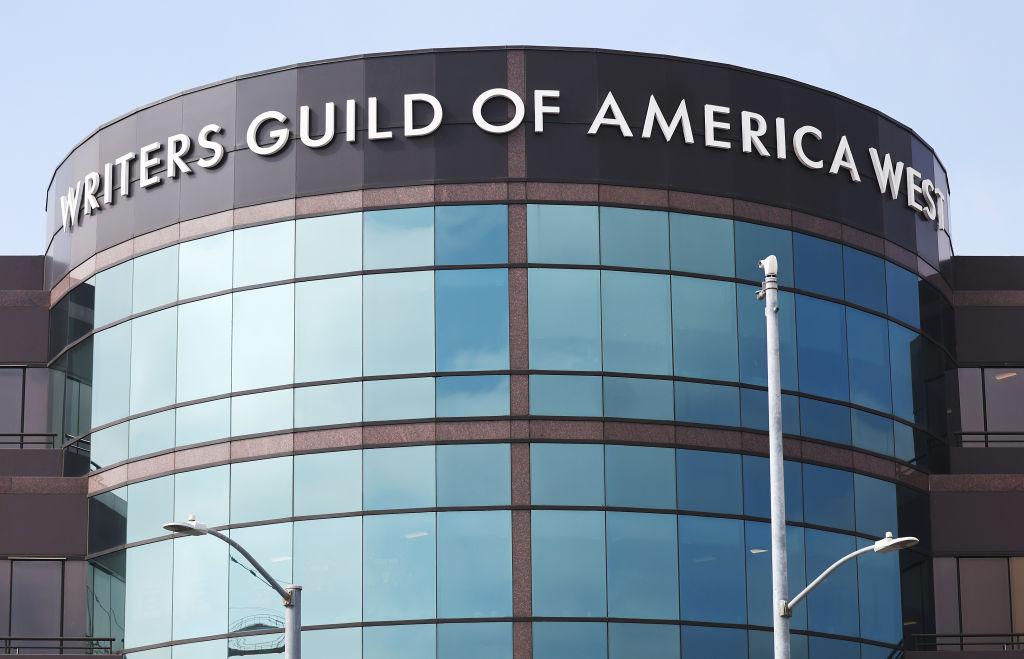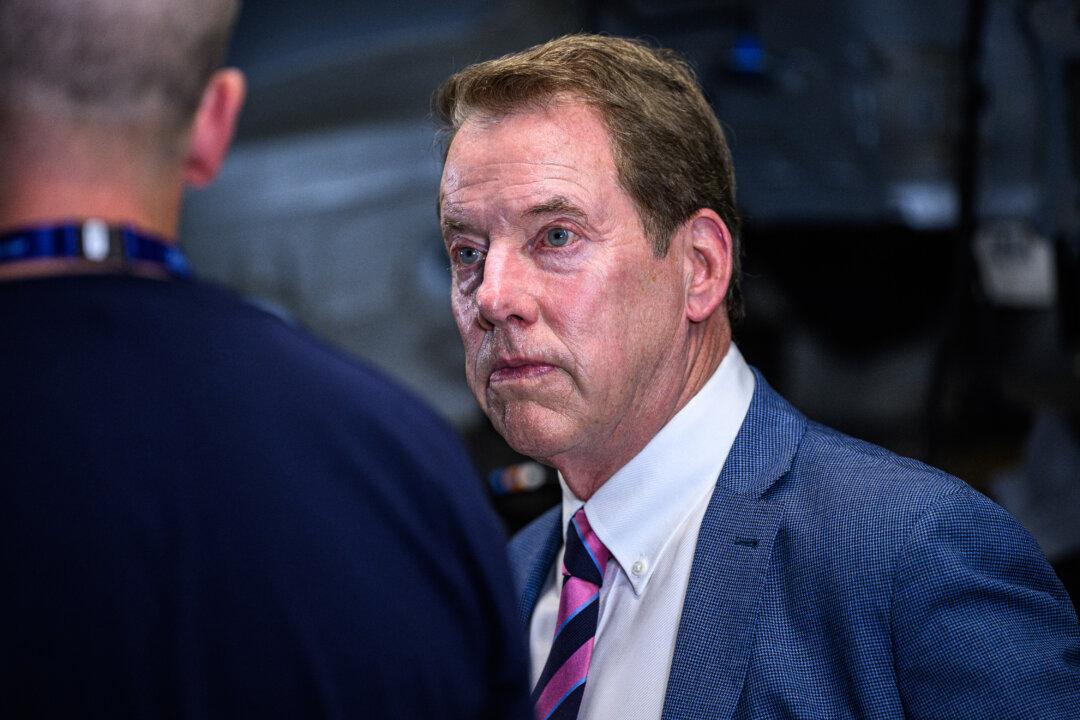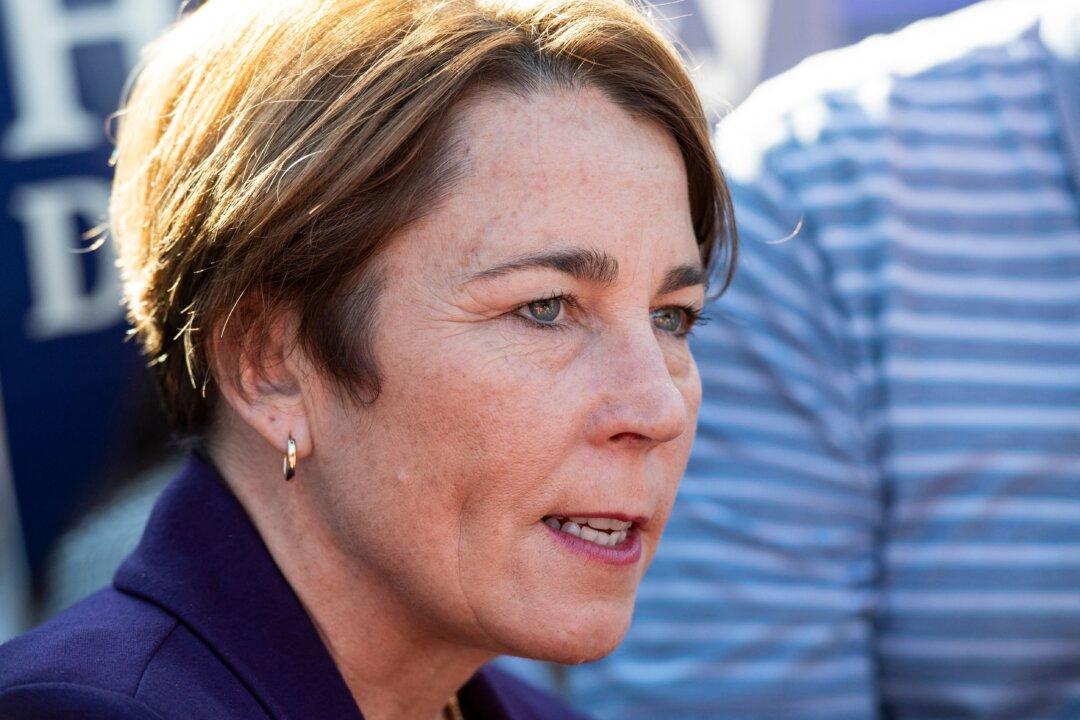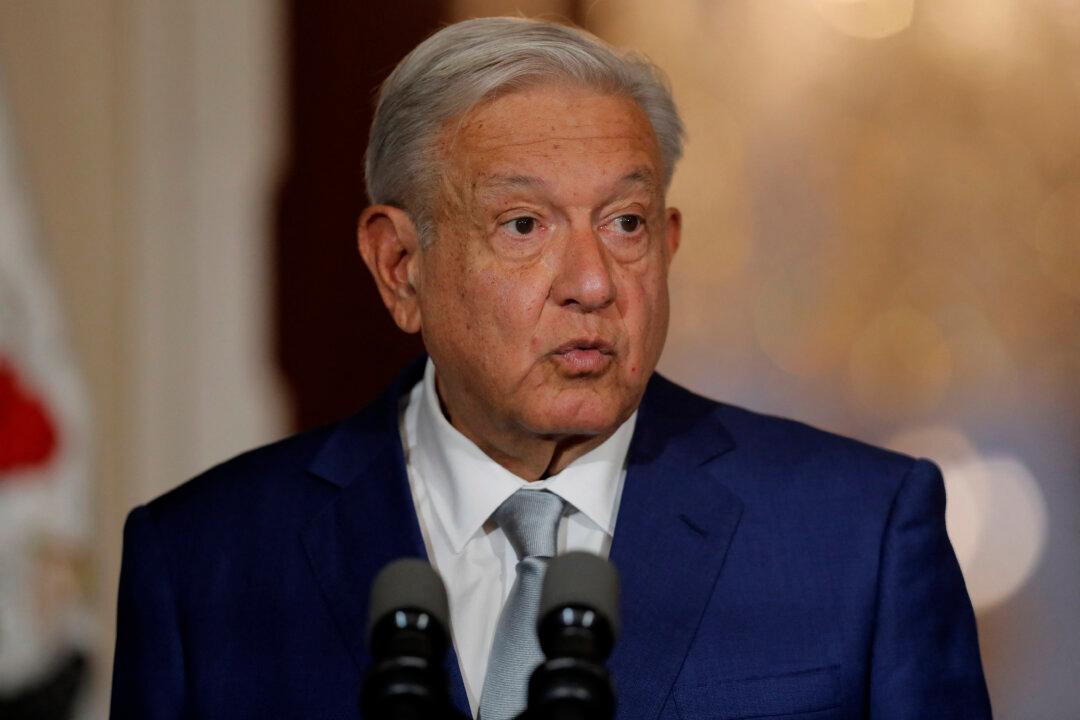The Hollywood’s writers association Writers Guild of America (WGA) has announced a new three-year agreement with prominent Hollywood studios, which has come after a 148-day work strike by the TV and movie writers.
In a statement, the writers union said that the Writers Guild of America East (WGAE) and Writers Guild of America West (WGAW) have overwhelmingly ratified a new contract with the Alliance of Motion Picture and Television Producers (AMPTP). The agreement spans from Sept. 25 through May 1, 2026.




